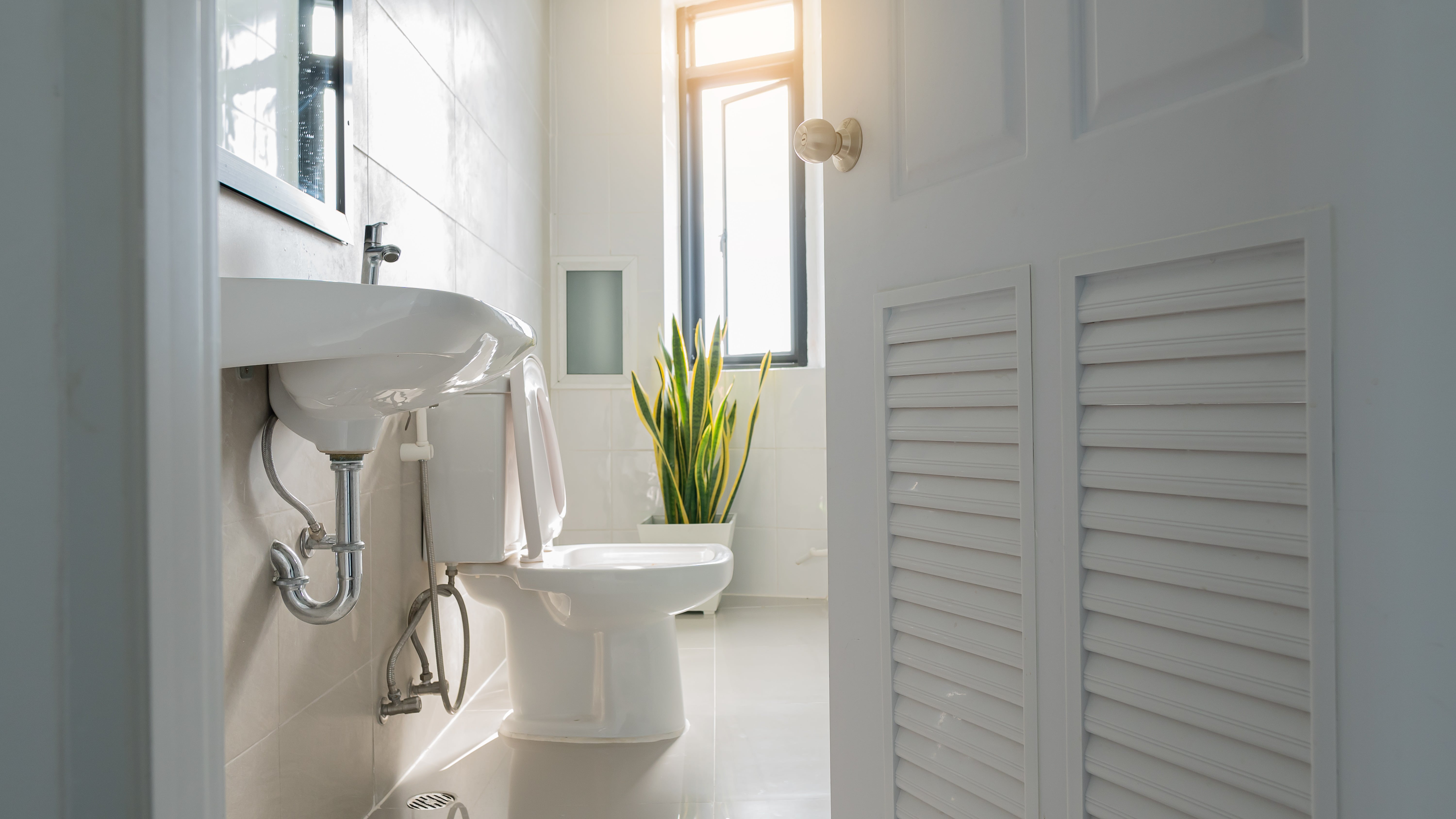Incontinence in Women: Types, Causes and How to Find Relief

October 12, 2021
“The earlier I get involved in someone’s care, the more impact I can have,” says Laurie Kane, M.D. “If we can make simple changes, like lifestyle changes, we can make a big impact.”
What causes urinary incontinence?
These common conditions may increase your risk of urinary incontinence:
- Pregnancy and childbirth
- Obesity
- Menopause
- Neurological conditions
- Pelvic-floor disorders
There are also common bladder irritants that can contribute to urinary incontinence, including:
- Alcoholic beverages
- Carbonated beverages (with or without caffeine)
- Coffee or tea (even decaffeinated)
- Medicines with caffeine
- Citrus juice and fruits
- Tomatoes/tomato-based products
- Highly spiced foods
- Artificial sweeteners
Types of incontinence
These are some of the common forms of incontinence:
- Stress incontinence – leakage that occurs as a result of pressure on the bladder, caused by movement or physical activity
- Urge incontinence – leakage that occurs as a result of abnormal bladder contractions
- Mixed incontinence – leakage that occurs for a combination of reasons, such as experiencing both stress and urge incontinence
Your doctor will perform an examination and testing to determine the type of incontinence you may be experiencing and the cause of it.
How is incontinence diagnosed?
In addition to a comprehensive history and physical examination, your doctor may also rely on several types of evaluations, including:
- Comprehensive history and exam: Your doctor will first talk to you about your history, symptoms and perform a physical exam.
- Urinalysis: A patient’s urine is often checked at the time of the visit to ensure that she does not have an infection. You may also have a urine culture test done.
- Urodynamics: Small catheters are placed into the patient’s bladder and vagina to measure pressure in the bladder urethra, and vagina while the bladder is filled with water. The patient answers a series of questions to help determine how much her bladder can hold. The patient will be asked to do maneuvers that may cause leakage to help determine the cause.. The test lasts approximately 20 minutes.
- Cystoscopy: May be recommended. A small tube-shaped camera is inserted through the urethra to view the bladder for details that are difficult to see with an X-ray. . The camera is attached to a monitor so that the patient can view the inside of her bladder as well. The test takes approximately 5 minutes.
- Bladder ultrasound: An image of the patient’s bladder may be taken at the visit to ensure she is emptying it completely.
Ways to treat incontinence
Although your primary care physician, OB/GYN, or urologist may have knowledge about urinary problems, a urogynecologist has specialized training in pelvic floor disorders and can offer additional expertise. If you’re having urinary issues, it’s important that you meet with a urogynecologist or urologist to see how you may improve your situation.
“While pelvic-floor disorders become more common as you get older, they are not inevitable,” says Dr. Kane. “Depending on the severity of your condition, a range of treatments are available to minimize the symptoms or repair the damage – just talk to your doctor to get started.”
The material provided through HealthU is intended to be used as general information only and should not replace the advice of your physician. Always consult your physician for individual care.






